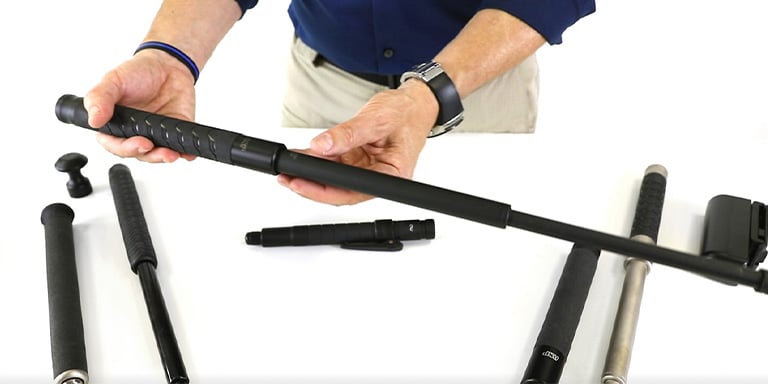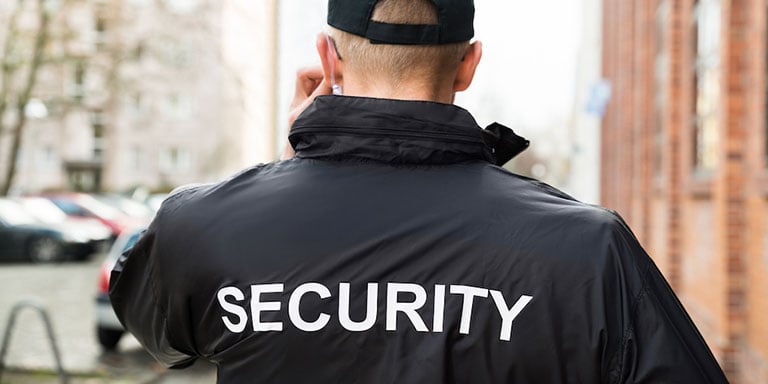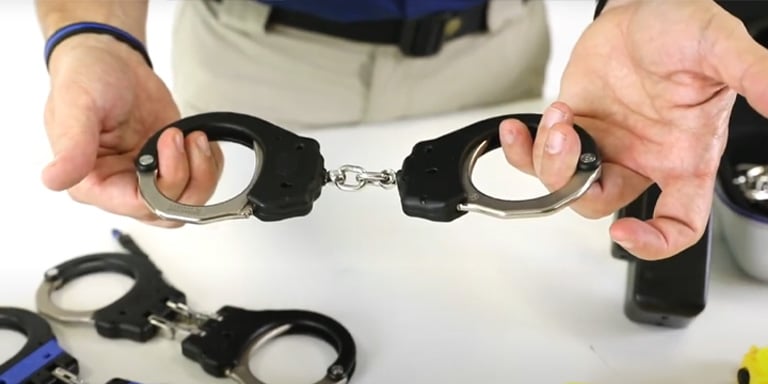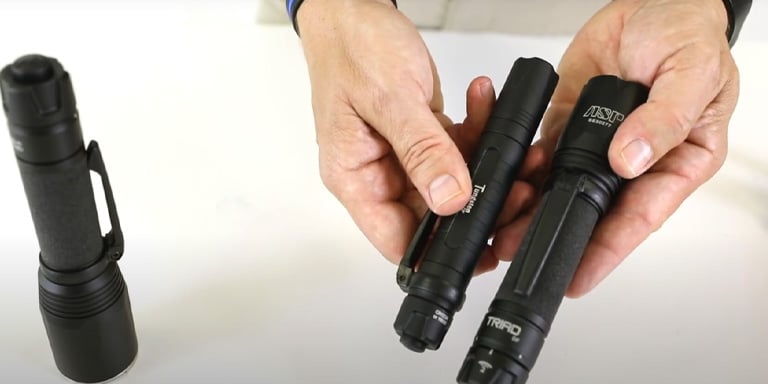
The decision to become a bodyguard is a big one. In choosing a career that entails taking responsibility for someone else's safety and property, you're signing up for a lot of pressure and risk. Nonetheless, a career in personal security can be a deeply rewarding one that enriches other areas of your life as well.
To be a successful and effective bodyguard, you'll need to cultivate certain skills and character traits. In this guide, we'll offer a basic overview of these requirements so that you can confidently decide if being a bodyguard is right for you, and if so, how you might create a clear plan.
Benefits and Drawbacks of Being a Bodyguard

Like any career, personal security has its pros and cons, but in this field, they're more pronounced than in most others. Let's start with the upsides:
Benefits
(Potentially) excellent pay: When first starting out, you may struggle to find work that is both consistent and profitable. Stick with it, though, and within a few years, you could command $50 to $100 per hour or more.
Network with influential people: Generally, people who need protection are people who have a lot to protect. As a bodyguard, your clients will likely be well-informed, well-connected people who will happily provide you an excellent reference if you do good work for them.
Hone useful skills: The confidence, physical conditioning, mental acuity, discipline, and attention to detail that you cultivate as a bodyguard will undoubtedly open many other doors for you.
See the world: Many high-profile clients move around a lot. If traveling for free (albeit on the clock) sounds good to you, a career in personal security is a great way to do so.
Drawbacks
Danger: Some personal security gigs are more dangerous than others, but in most cases, there's at least some risk of physical harm to your client—and therefore, to you.
Limited free time: Competent, dependable bodyguards are hard to come by, so if you show yourself to be one, expect to work long hours.
Little autonomy: In a sense, you'll have a good deal of autonomy as a bodyguard — autonomy to decide how best to get the job done once you've proven yourself. But in a broader sense, you'll be at someone else's beck and call a lot of the time.
Meager pay (at first): The median pay for bodyguards with less than five years of experience is around $64,000 per year, which is less than it might sound, given that many work more than 40 hours per week.
High-pressure environment: Having to maintain constant vigilance can take a toll on your mental health over the years, especially if you work for a particularly high-risk client.
Traits and Skills of an Excellent Bodyguard

Top-tier personal security professionals have several high-level skills and personality traits, some of which are largely self-taught and self-developed. At minimum, you'll want to attain and maintain:
Exceptional reliability: A professional bodyguard shows up on time, every time, and establishes a reputation for proactively and creatively solving the various challenges that come up on the job.
Physical strength, endurance, and agility: You'll need to be strong, flexible, quick and have well-developed cardiovascular health. People who are naturally short, skinny, or just not very muscular, can be bodyguards but will need to make up for their lack of physical stature with exceptional martial skills. To build up some strength, consider learning how to train with a plate carrier.
Mental discipline: Everyone knows that peak physical fitness is key in this field, but mental discipline is even more important. Bodyguards need to be alert and actively scanning for potential threats or problems at all times. You'll also need to practice resisting boredom and complacency, which are two of the biggest and most dangerous challenges that bodyguards have to overcome.
Crystal-clear communication: You must be able to verbally communicate quickly and clearly with your clients and fellow security professionals. It is imperative that everyone on your team knows what's happening at all times. There's no room for misunderstandings, especially during an active threat event.
Integrity and trustworthiness: Your clients and colleagues must know that you'll consistently act in good faith and honor your commitments. Of course, the only way to prove this to them is gradually, over time.
Confidence and quick thinking: As a security professional, your job is to protect your client's person and property. To do that, you'll need to be able to quickly and decisively make sound decisions without second-guessing yourself — often with less information than you'd prefer to have. You'll also need to be able to project authority and expertise in your dealings with others.
Other Requirements
Requirements for becoming a bodyguard can vary by state, by country and sometimes by employer. Examples might include verifiable armed or unarmed combat skills, CPR and basic first aid training, or completion of a certified bodyguard training program. Any bodyguard who carries a weapon on duty must abide by location-dependent licensing and training requirements, which are usually "bare minimum" standards. Particular employers often will require you to demonstrate competence or certification above and beyond what your city, state, or country requires.
Advanced medical training, military or law enforcement experience, or advanced personal security training are rarely mandatory, but such skills will certainly help move your résumé toward the top of the pile in an industry that is generally oversaturated with minimally qualified applicants.
Finding Clients

So you've rigorously trained in Krav Maga for two years, gotten all the required licenses and certifications, and checked all the other boxes. Now what?
Many personal security professionals say that all of that groundwork is the easy part. Broadly, you have two options when it comes to finding someone who will hire you: work with an agency or strike out on your own, either as a freelancer or as the founder of your own personal security firm.
For the vast majority of new bodyguards, the first option will be much easier and more practical. Marketing yourself successfully is an entirely different skill and can be an enormous challenge. Prospective clients don't know you and aren't likely to trust you (it's nothing personal), but they do know and trust the established agencies that have provided quality service for many years. Some such agencies may even provide you with additional training and networking opportunities beyond what you already have.
An agency's services come at a price, of course. They have to pay their bills, which means your paycheck will likely be smaller than it would be if you worked for the client directly. Even so, the massive amount of work you won't have to do to land your first few clients will likely be worth the tradeoffs.
Once you have a few years of on-duty experience under your belt, freelancing or starting your own company will be much easier, and prospective clients will be more likely to view you as a serious and qualified professional. By then, you'll also have some contacts among other personal security professionals who might refer you to new clients.
Next Steps
Now that you've got a basic roadmap to becoming a bodyguard, it will hopefully be easier to decide if it's a good fit for your talents and preferences. It's not an easy line of work, but few worthwhile jobs are. For more introductory guides to skills that will surely come in handy as a personal security professional, check out buddy first aid, shooting drills for beginner marksmen and the basics of body armor.
Did you find this article helpful?








